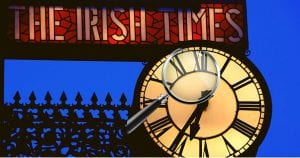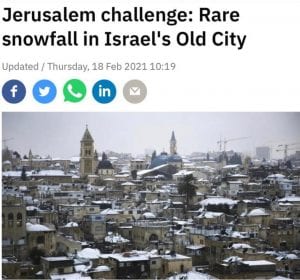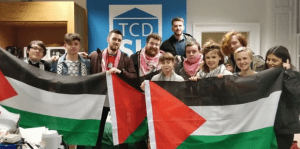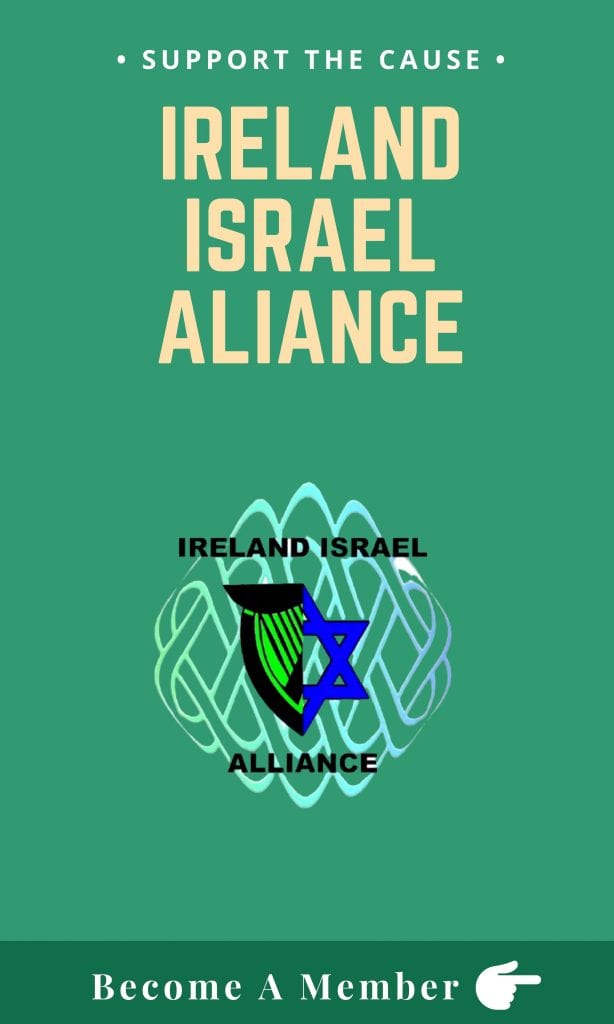Wikipedia is an extremely powerful tool that has a huge influence on billions of people.
It is the 4th most popular website (excluding China) with 18 billion page views per month. For many, it is the only encyclopedia they ever use and the main or sole source of information.
Although Wikipedia operates in 285 different languages, English Wikipedia is the most influential, by far. On top of the huge number of native English speakers, many international users turn to English Wikipedia to search for information about subjected related to Israel which are not available in their own language’s version.
With regards to the Israeli/Palestinian conflict, Wikipedia has very different information in the English, Hebrew and Arabic versions of the same article. In most cases the English version fully adopts the Arab narrative.
This bias is apparent, for instance, with regards to articles on Arab villages abandoned in the 1948 war.
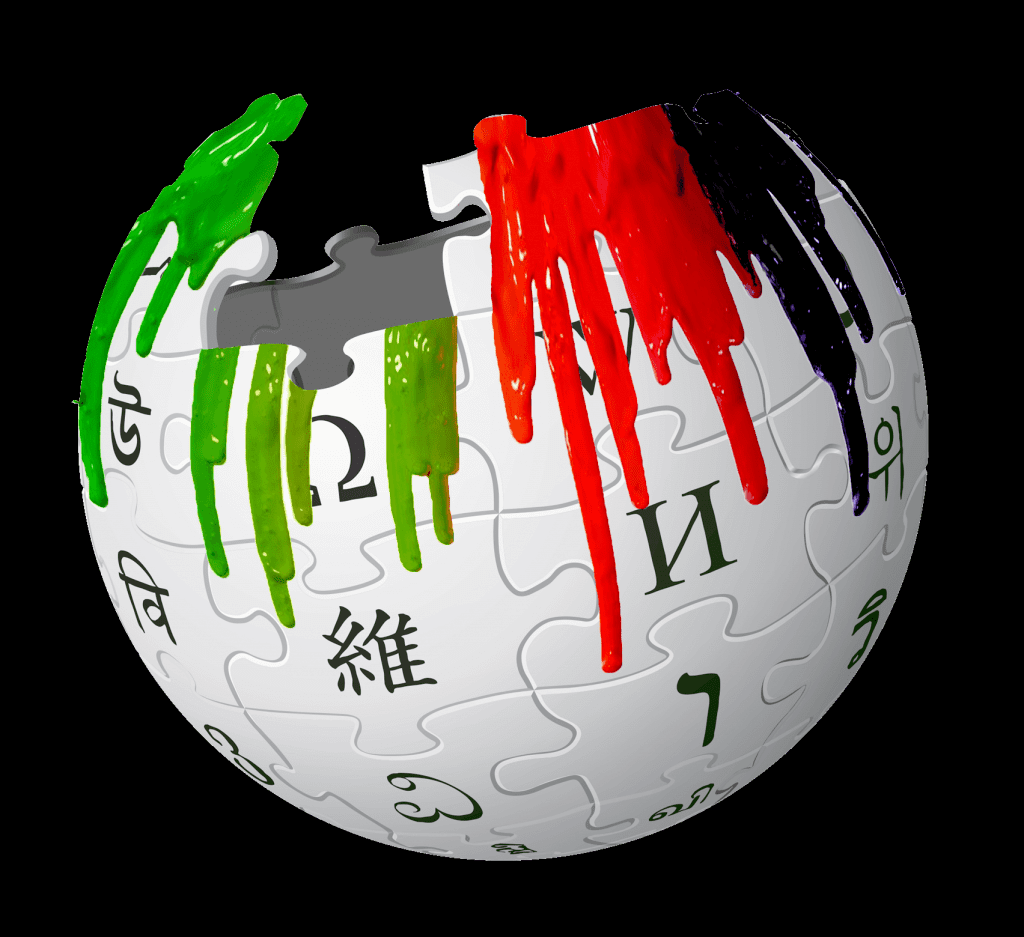
As an example, here’s a table comparing the Hebrew, English and Arabic versions of the events of 1947-1948 in the village of Al-‘Abbasiyya:
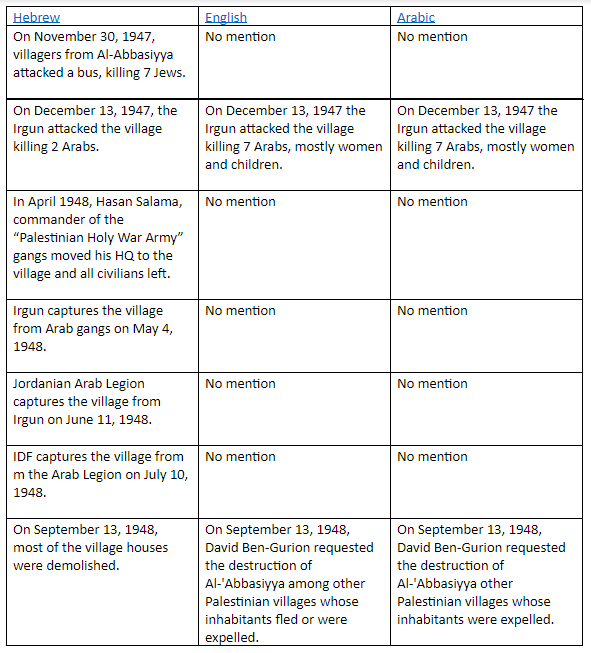
As this table shows, the English version is almost identical to the Arabic version and both distort the narrative by omitting many critical pieces of information only mentioned in the Hebrew version.
- No mention of terrorist attack from Al-Abbasiyya and Jewish fatalities before Irgun retaliated. Arab fatalities in Irgun attack are 350% higher in the English and Arabic versions.
- No mention of “Palestinian Holy War Army” and Arab legion making the village a military base starting from April 1948 in the English and Arabic versions.
- No mention of the civilian Arab population fleeing in April 1948 in the English and Arabic versions.
- No mention of several battles between Jewish and Arab forces in the village between April and July 1948 in the English and Arabic versions.
Reading the English article, you get the impression that Irgun attacked the village unprovoked, then Israel arbitrarily destroyed it and expelled the inhabitants. It’s like a microcosm if the entire false “Nakba” narrative of so-called “Ethnic Cleansing”.
The terrorist attacks emanating from the village, the fact that civilians left, and it became a military base, the illegal invasion and occupation by the Jordanian Legion – are all missing from the English version. As far as the vast majority of people who get their information solely from English Wikipedia – those events never happened.
A quick look at other articles on Arab villages abandoned in 1948 reveals the same phenomenon.
How does that happen? Why is Wikipedia so biased?
There’s a wide belief that in Wikipedia “anyone can edit and improve articles immediately” making Wikipedia accurate using the Wisdom of Crowds. While this may be generally true, it is not the case with regards to articles on the Israeli/Arab conflict on English Wikipedia. Those articles are subject to the “30/500 editing restriction”, also known as Extended Confirmed Protection, which prevents users without 30 days tenure and 500 edits on the English Wikipedia.
Apparently, those senior editors who are authorized to edit English Wikipedia articles on the Conflict are a smaller group, in which anti-Israel users are over-represented, who use Wikipedia rules to block the Wisdom of Crowds and dictate an anti-Israel narrative.
New information which contradicts the Arab narrative is blocked from Wikipedia. For instance, David Collier’s research which unearthed British Mandatory documents debunking the myth of Balad al-Shaykh Massacre were removed from Wikipedia just hours after they were added to the article.
By controlling English Wikipedia, the anti-Israel activists control the narrative and are able to rewrite history.
Supporters of Israel should get involved, achieve the 30/500 status that allows them to edit articles about the Conflict and make English Wikipedia much more accurate and balanced.
** First published in Elder of Ziyon blog
by Tomer Ilan

